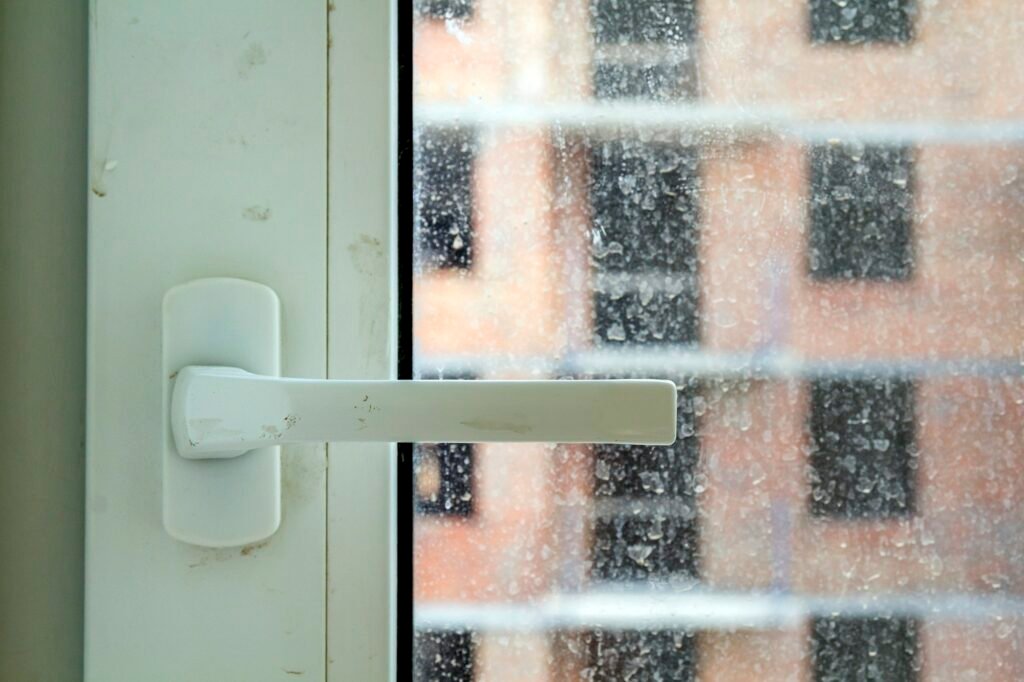The weather resistance of uPVC windows significantly impacts their heat insulation performance. Here’s how:
1. Prevention of Air and Water Infiltration:
- Sealing Against Elements: uPVC windows are designed to be weather-resistant, meaning they effectively seal against external elements like wind, rain, and snow. This tight seal prevents air and water from infiltrating the home, which is crucial for maintaining a stable indoor temperature.
- Consistent Insulation: By keeping out drafts and moisture, weather-resistant uPVC windows help to preserve the insulating air pockets within the window’s chambers, ensuring consistent thermal performance.

2. Durability Under Extreme Conditions:
- Resistant to Warping: Unlike wood or metal, uPVC does not warp, swell, or corrode when exposed to moisture or temperature changes. This stability ensures that the windows maintain their shape and seal over time, which is vital for ongoing insulation performance.
- Longevity of Insulation: Because uPVC windows maintain their integrity in various weather conditions, their insulating properties are preserved for a longer period, reducing the need for repairs or replacements that could compromise insulation.
3. Reduction of Thermal Bridging:
- Minimizing Heat Transfer: uPVC is a poor conductor of heat, meaning it does not easily transfer heat from the outside to the inside. The material’s resistance to weather-related wear and tear ensures that this thermal resistance remains effective over time.
- Sustained Energy Efficiency: By reducing thermal bridging (where heat is conducted through the window frame), weather-resistant uPVC windows help to sustain energy efficiency, keeping heating and cooling costs lower.

4. Enhanced Seal Integrity:
- Weatherproof Seals: High-quality weather-resistant seals in uPVC windows prevent gaps that could allow cold air to enter or warm air to escape. These seals are designed to withstand various weather conditions without degrading, which is crucial for maintaining heat insulation.
- Impact on Comfort: With intact seals, the windows maintain a comfortable indoor environment, preventing drafts and keeping the interior warm in winter and cool in summer.
5. Protection from UV Radiation:
- UV Resistance: uPVC windows are also resistant to UV radiation, which can degrade other materials over time. This resistance helps the windows retain their insulating properties, as UV damage can lead to warping or cracking, which would otherwise reduce the window’s ability to insulate.

Conclusion:
The weather resistance of uPVC windows is a key factor in their heat insulation performance. By preventing air and water infiltration, resisting warping, reducing thermal bridging, maintaining seal integrity, and protecting against UV radiation, weather-resistant uPVC windows ensure that their insulating properties remain effective over time, contributing to a comfortable and energy-efficient indoor environment.
